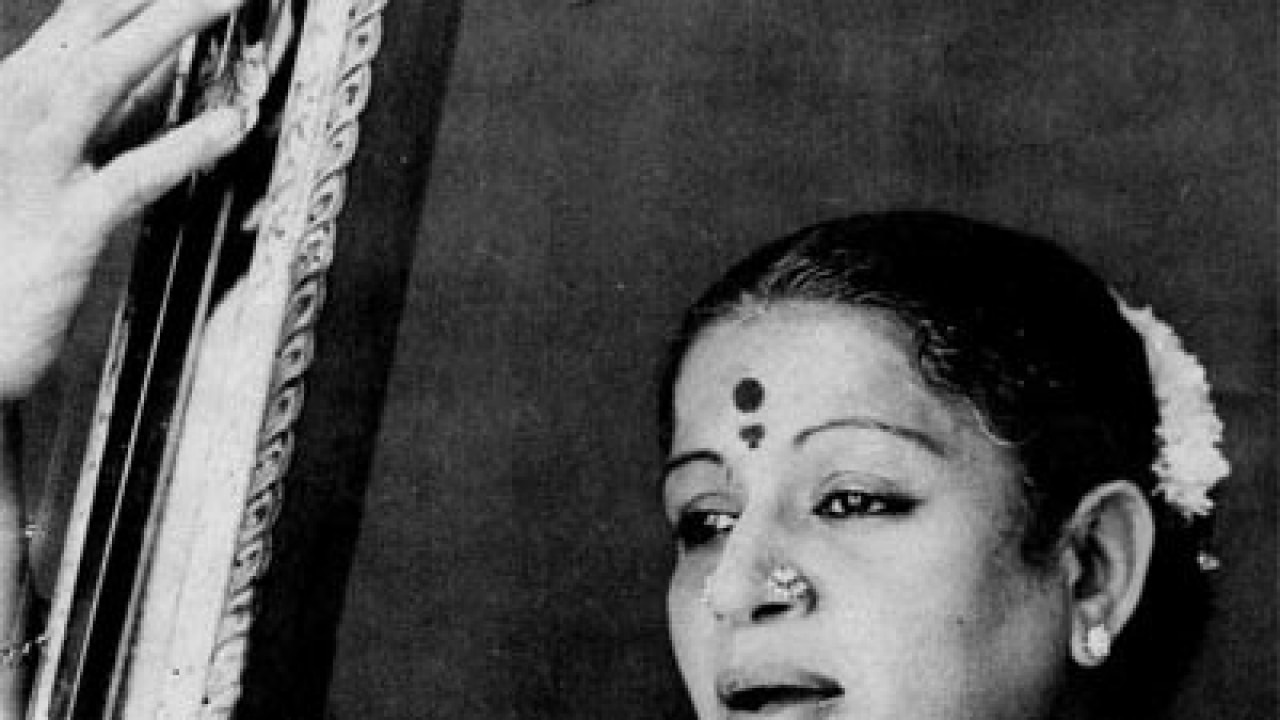
Recently, I visited the Harry Ransom Center, Austin, Texas, housing manuscripts of world celebrities like Oscar Wilde, Gabriel Garcia Marquez and our own RK Narayan. The Narayan file I opened at random serendipitously showed the first page of his short story “Selvi”, with his pencil corrections — a fictional vignette of my grand aunt MS Subbulakshmi (1916-2004), recipient of the Bharat Ratna.
This year, as her centenary is being celebrated with much fanfaronade, but mostly without the elegance and taste that characterised her life and art, I remember how her music expressed the values she held dear, whether she sang of Ram or Allah, Christ or Buddha. Her simple faith and inborn compassion made her donate most of her earnings to worthy causes.
Life was not easy for Subbulakshmi. Born in an old courtesan family was to fear exploitation rather than rejoice in recognition. A determined young man offered the security she craved, kept his promise to marry her. It was no secret that this protection demanded her total surrender to his irascible will — he even selected what she would sing on stage.
This was husband T Sadasivam, firebrand freedom fighter turned magazine editor. While many censured such chauvinistic control, others conceded that Subbulakshmi would not have become a national icon without his guidance. He not only crafted her public image, but widened her world to include among friends writers, thinkers, social activists, business magnates, politicians, diplomats, scientists. Rajiv Gandhi or Raj Kapoor, Tata or Birla — an MS concert became mandatory at their family functions.
But she continued to remain innocently unaware of her phenomenal success and celebrity status. Razzmatazz did not move her, but her face lit up when a friend brought her a string of jasmine flowers.
RK Narayan was one such old family friend. Their pet names were similar — he was Kunjappa (little fellow) to her Kunjamma (little girl). But never having read Kunjappa’s work Kunjamma did not know that he had described her with tongue-in-cheek admiration as his protagonist Selvi: “Uncomplaining, seemingly wrapped up in some secret melody or thoughts of her own… When Selvi came on stage, she looked radiant, rather than dark or fair. It left the public guessing and debating, whenever the question came up, as to what colour her skin was… She had become a national figure. … They named her the Goddess of Melody… When she appeared on the dais the audience was thrilled as if vouchsafed a vision… Her appeal was alike to the common unsophisticated listener as to pundits, theorists and musicologists, and those who didn’t care for any sort of music liked to be seen in her concerts for prestige’s sake.”
However, Narayan continues slyly about how Selvi’s husband Mohan thought that she “needed touching up. For her complexion, by no means fair, he discovered the correct skin cream and talcum which imparted to her brow and cheeks a shade confounding classification. Mohan did not want anyone to suspect that he encouraged the use of cosmetics. He had been a follower of Mahatma Gandhi and spent several years in prison, wore only cloth spun by hand, and shunned all luxury.”
When I asked Narayan why he made Selvi leave husband Mohan and return to her mother’s people, something that he knew very well that Subbulakshmi the traditional, devoted wife would have never even dreamt of, he answered, with a charming, wicked smile, “I thought, let her be free and happy in my story, if not in her life.” But would Kunjamma have been happy with such freedom, I persisted. “I like to imagine she would,” he chuckled.
The author is a playwright, theatre director, musician and journalist